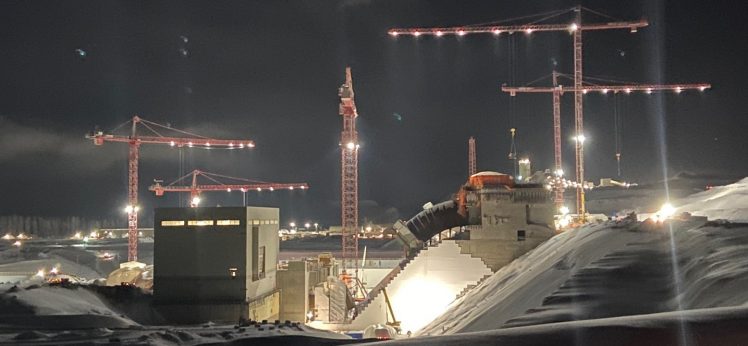
Losing sight at Site C
by Ben Parfitt | October 8, 2020
Court documents and FOI materials show BC Hydro knew shale would move at troubled construction project, yet Hydro proceeded with river diversion BC Hydro approved the pouring of massive amounts of concrete to build a buttress at its problem-plagued Site C dam project months before a critical drainage tunnel was completed to draw water …
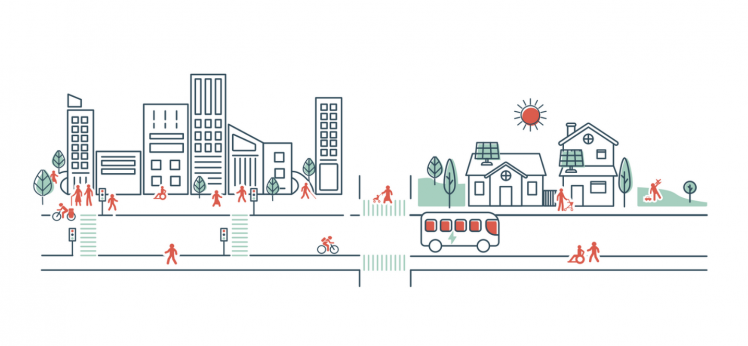
Renewable Regina: Putting Equity into Action
by Simon Enoch and Emily Eaton | September 17, 2020
The result of a truly collaborative research effort, Renewable Regina: Putting Equity into Action, makes the case that the City of Regina’s efforts to achieve 100 percent renewability must be equitable if they hope to succeed. Through interviews with 25 community-based organizations, this report demonstrates how City leaders and planners must understand how access to …
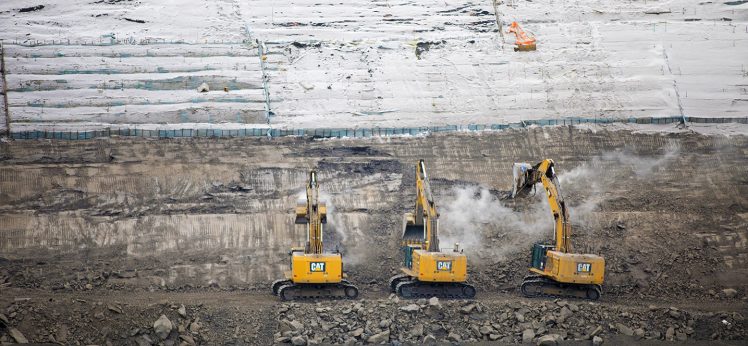
Site C’s radical makeover: What the ‘L’ is going on at problem-plagued dam construction project where costs keep piling up and completion remains years away?
by Ben Parfitt | September 11, 2020
BC Hydro knew 30 years before it started building the Site C dam that its chosen location for the most expensive publicly funded infrastructure project in British Columbia’s history had big problems. In fact, by the 1980s, BC Hydro had done tests showing that the ground at Site C had serious flaws “due to the …
Thousands of earthquakes near Site C dam and mounting “geotechnical problems” at project warrant public inquiry, CCPA says
by Corporate Mapping Project | August 12, 2020
VANCOUVER—The BC government should immediately appoint an independent panel of geologists and engineers to assess the ongoing geotechnical problems at Site C and whether the unstable ground at the dam construction site could be further compromised by the thousands of fracking-induced earthquakes occurring nearby, says the Canadian Centre for Policy Alternatives. “It is absolutely essential …
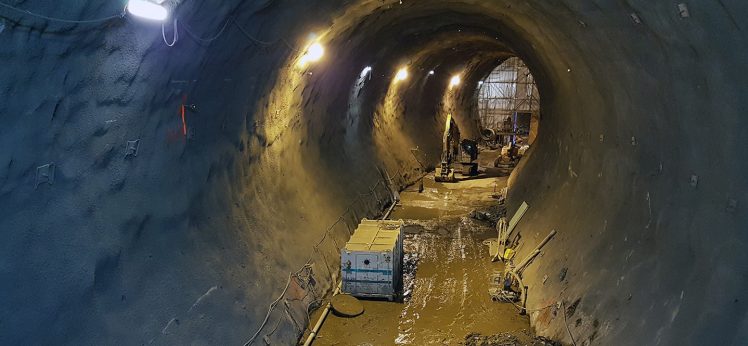
A Big Fracking Mess: As Site C dam construction bogs down in geotechnical problems, thousands of earthquakes triggered by fracking operations occur nearby
by Ben Parfitt | August 12, 2020
Earthquakes triggered by natural gas industry fracking operations near BC Hydro’s troubled Site C dam construction project are far greater in number than previously thought, raising troubling questions about whether they are adding to the already formidable geotechnical challenges at the site. Not only are more earthquakes occurring in proximity to the costliest public infrastructure …
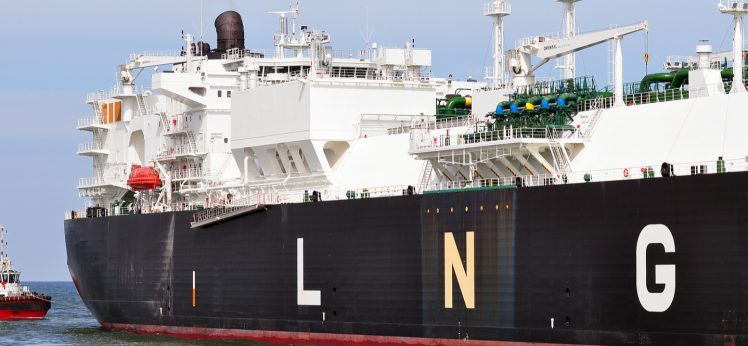
BC LNG: Economic bonanza or environmental and economic nightmare?
by David Hughes | July 30, 2020
Liquified Natural Gas (LNG) has been embraced by British Columbia’s government as a budding engine of growth for the provincial economy. Claims by industry lobby groups of tens of thousands of jobs and billions in government revenue make headlines. Is it true there really is a free lunch? As a scientist who spent a career …
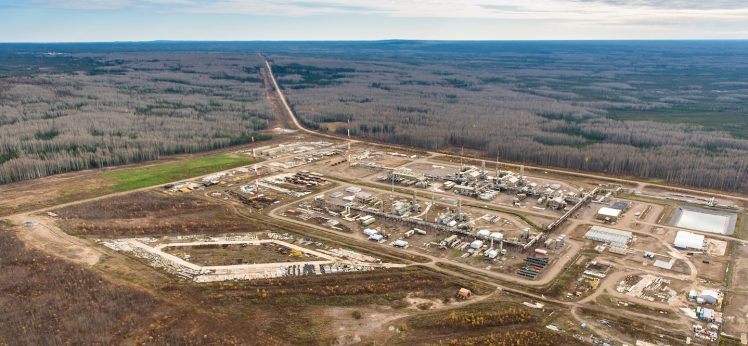
After the rush: Fort Nelson needs firm government commitments to reclaim lands abandoned by fossil fuel industry
by Ben Parfitt | July 30, 2020
In the face of the economic fallout from COVID-19, it’s easy to forget that some communities in British Columbia were in deep fiscal distress long before the pandemic began. Fort Nelson is a good example, and a textbook case of why senior levels of government need to be mindful when they roll out recovery plans …

When the impossible becomes possible: COVID-19, the climate crisis and lessons from the Second World War
by Seth Klein | July 10, 2020
“Canada hasn’t seen this type of civic mobilization since the Second World War. These are the biggest economic measures in our lifetimes, to defeat a threat to our health… We all need to answer the call.”—Prime Minister Justin Trudeau, April 1, 2020, during one of his daily pandemic briefings outside his home. As Canada seeks …
Exporting BC LNG to Asia will not reduce global climate emissions as industry claims
by Corporate Mapping Project | July 9, 2020
VANCOUVER—A new study by veteran earth scientist David Hughes finds that the industry and government narrative that BC liquified natural gas (LNG) will contribute to a global emissions reduction by displacing coal-fired electricity in Asia is not accurate, and in fact the reverse is actually true. “As my analysis shows, LNG exports would in fact …
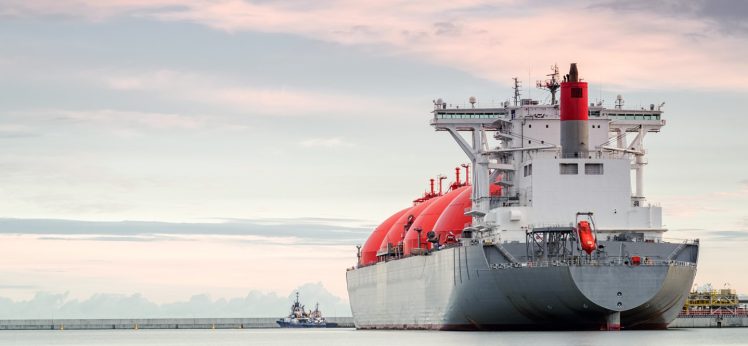
BC’s Carbon Conundrum: Why LNG exports doom emissions-reduction targets and compromise Canada’s long-term energy security
by David Hughes | July 9, 2020
This report assesses the emissions implications of the Canada Energy Regulator’s (CER) 2019 oil and gas production forecast for BC, and the implications of ramping up gas production for liquified natural gas (LNG) export. The British Columbia government has pledged to reduce greenhouse gas emissions by 80 per cent from 2007 levels by 2050 through …
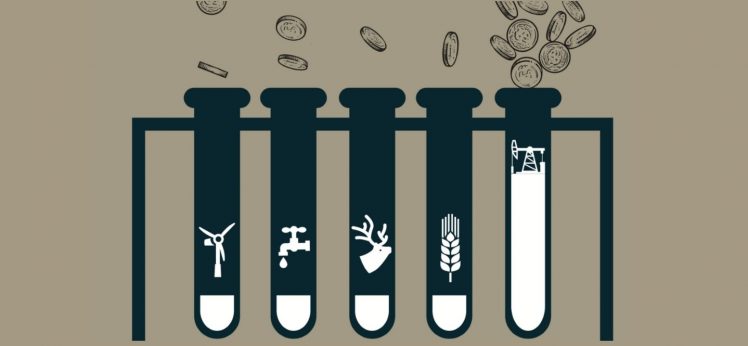
Knowledge for an Ecologically Sustainable Future?
by Laurie Adkin and Laura Cabral | June 24, 2020
Innovation Policy and Alberta Universities As scientists and Indigenous elders have been telling us for decades, life on this planet as it has evolved over millions of years is on the brink of a precipice. Planetary ecosystems are threatened with collapse by the pressures of humans’ appropriation of nature and their production of wastes, pollutants, …
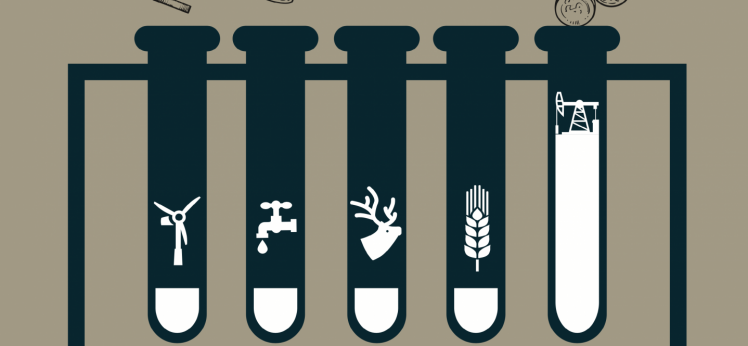
New report looks at the influence of the fossil fuel sector on university research funding and priorities
by Corporate Mapping Project | June 24, 2020
As the Alberta government launches its Alberta 2030 review of the post-secondary education system, a new report from the Corporate Mapping Project and the Parkland Institute raises big questions related to universities’ fulfillment of their public interest mandate. Authored by Laurie Adkin, a political economist at the University of Alberta, Knowledge for an Ecologically Sustainable Future? …









